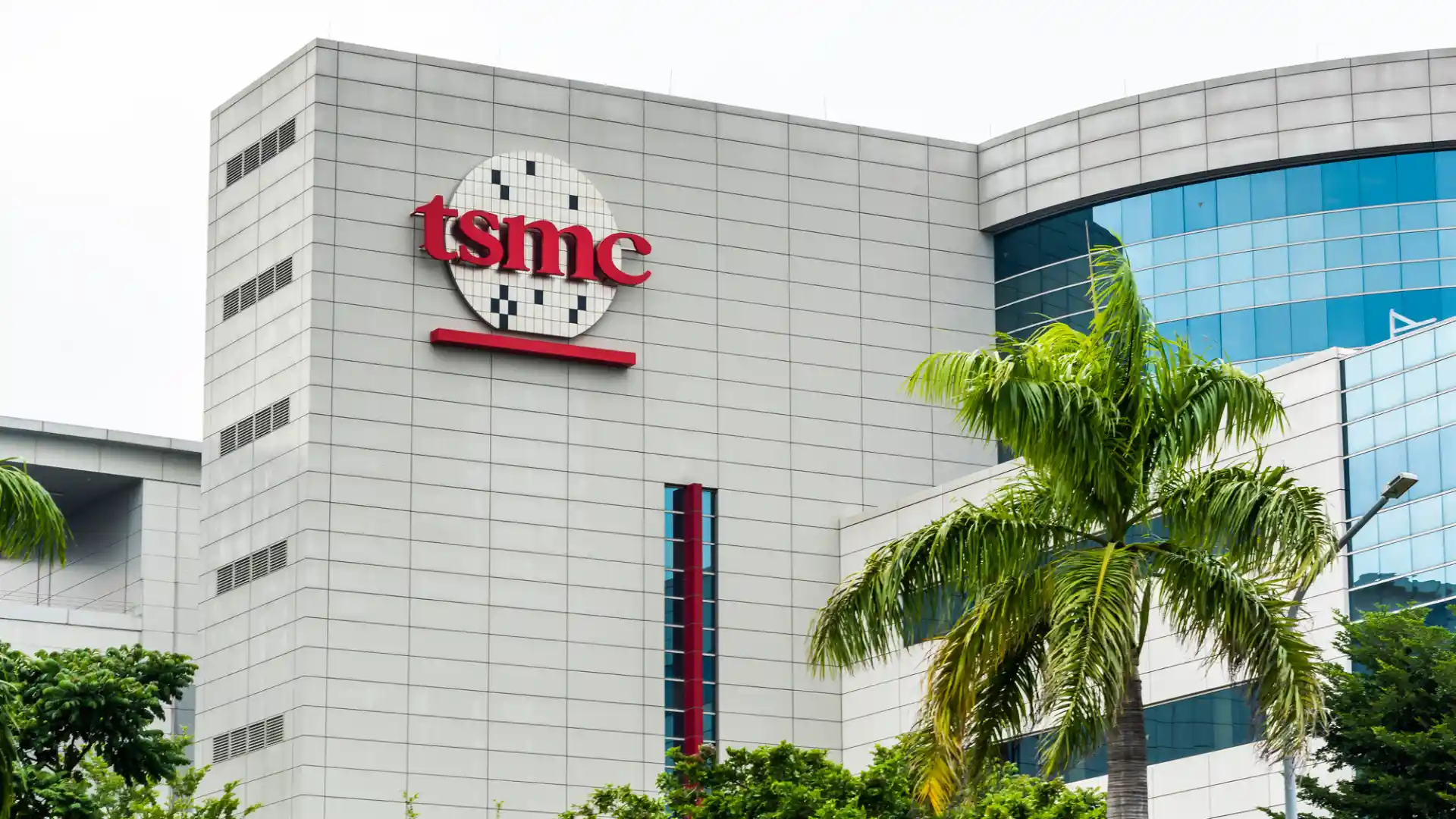
The United States is on the cusp of a major breakthrough in the semiconductor industry, with the announcement of a $100 billion Arizona chips project. This ambitious initiative aims to break the country's dependence on China for critical microchip technology, a move that could have far-reaching implications for the global tech landscape. In this article, we'll delve into the details of this project and explore how it could reshape the future of the semiconductor industry.
The Current State of the Semiconductor Industry
The semiconductor industry is a vital component of the global tech ecosystem, with microchips powering everything from smartphones and laptops to cars and medical devices. However, the US has become increasingly reliant on China for the production of these critical components, with the country accounting for a significant proportion of global semiconductor manufacturing. This dependence has raised concerns about the security and sustainability of the US tech industry, particularly in light of rising tensions between the two nations.
The $100 Billion Arizona Chips Project
The $100 billion Arizona chips project is a bold initiative aimed at reducing US dependence on China for semiconductor technology. The project involves the construction of a massive semiconductor manufacturing facility in Arizona, which will be capable of producing cutting-edge microchips using the latest technology. The facility will be built by a leading semiconductor manufacturer and will create thousands of jobs in the region.
The project is a significant investment in the US tech industry and is expected to have a major impact on the global semiconductor market. By producing microchips domestically, the US will be able to reduce its reliance on China and improve the security and sustainability of its tech industry. The project will also help to stimulate economic growth and create new opportunities for businesses and workers in the region.
Benefits of the Arizona Chips Project
The Arizona chips project offers a number of benefits, including:
Reduced dependence on China: By producing microchips domestically, the US will be able to reduce its reliance on China and improve the security and sustainability of its tech industry.
Job creation: The project will create thousands of jobs in the region, both directly and indirectly, and will help to stimulate economic growth.
Improved supply chain security: By producing microchips in the US, companies will be able to reduce their reliance on complex global supply chains and improve the security of their operations.
Increased competitiveness: The project will help to make the US more competitive in the global tech industry, by providing access to cutting-edge semiconductor technology and reducing production costs.
The $100 billion Arizona chips project is a major breakthrough for the US tech industry, and has the potential to reduce the country's dependence on China for critical microchip technology. The project will create thousands of jobs, stimulate economic growth, and improve the security and sustainability of the US tech industry. As the global tech landscape continues to evolve, initiatives like the Arizona chips project will play a critical role in shaping the future of the semiconductor industry.
With its focus on innovation, job creation, and supply chain security, the Arizona chips project is an exciting development for the US tech industry. As the project moves forward, it will be important to monitor its progress and assess its impact on the global semiconductor market. One thing is certain, however: the $100 billion Arizona chips project is a major step towards a more secure and sustainable future for the US tech industry.









